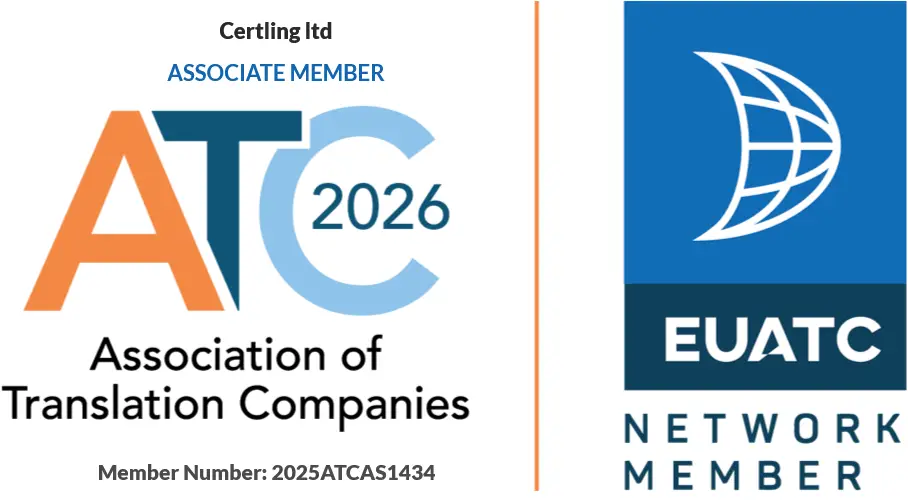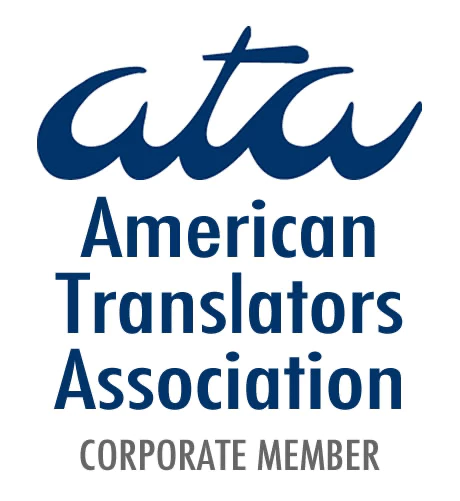Key Supporting Documents for a UK Standard Visitor Visa
1. Valid Passport
Your passport should be valid for the entire duration of your stay, with at least one blank page for the visa stamp.
2. Proof of Financial Means
You’ll need to demonstrate that you can support yourself during your visit. This can be done by providing recent bank statements or payslips. If these documents are not in English or Welsh, Certling can help with certified translations, ensuring compliance with UK Visa and Immigration (UKVI) standards.
3. Accommodation Details
You must provide information about where you’ll stay during your visit, whether it’s hotel bookings or staying with family or friends. Non-English documents, such as foreign rental agreements, will require certified translations.
4. Travel Itinerary
Provide details of your planned travel, including flight bookings and intended activities. This is especially important for ensuring compliance with the UK visitor visa 180 days rule, which limits stays to six months within a year.
5. Invitation Letter (if applicable)
If you're visiting family or friends, you may need an invitation letter from your host. If the letter is written in a language other than English, a certified translation is required.
6. Proof of Employment or Study
A letter from your employer or educational institution can help confirm your ties to your home country. If it’s in another language, you’ll need a certified translation to include in your application.
7. Medical or Academic Reasons
If you’re visiting for medical treatment or as an academic or senior professional, additional documentation may be required, including certified translations of medical records or employment contracts.
UK Visitor Visa Fees
The cost of a UK Standard Visitor Visa at the time of writing was £115, which allows you to stay in the UK for up to six months. If you’re a frequent traveller, you can apply for a long-term Standard Visitor Visa UK, which is valid for 2, 5, or 10 years. Keep in mind that with a long-term visa, each individual visit is still limited to six months.
Additionally, if you’re only passing through the UK to another destination, you can apply for a Visitor in Transit Visa UK at a cost of £64.
Other Visitor Visa Types
Marriage Visitor Visa UK: If you’re visiting to marry or register a civil partnership, you will need this visa, which requires specific documentation such as proof of your relationship. Certified translations may be needed for foreign marriage documents.
Family Visitor Visa UK: Similar to a standard visitor visa, but tailored to those visiting close family members in the UK. Additional proof of your relationship, such as birth or marriage certificates, may require certified translations.
UK Visitor Visa: What You Can and Cannot Do
Under the UK Standard Visitor Visa, you’re allowed to: - Visit for tourism or to see family - Attend business meetings or events - Participate in permitted paid engagements - Study for up to 30 days, provided it’s not the main purpose of your visit
However, you cannot: - Take up paid or unpaid work for a UK company - Claim public benefits - Marry or register a civil partnership without a Marriage Visitor Visa
For a full list of activities you can and cannot do, and additional eligibility requirements, check the official government guidelines here.
Certified Translations: A Must for Non-English Documents
Any documents not in English or Welsh that are part of your visa application must be accompanied by a certified translation. This includes financial statements, travel documents, and any personal or legal paperwork. At Certling, we specialise in providing fast and reliable certified translations that meet UKVI requirements, ensuring that your application is processed without delays.
For more information on UK visitor visa types and detailed statistics on visa lengths, you can visit the official government site here.
Frequently Asked Questions – UK Visas
Answers to common visa enquiries to help you better understand the process. Always refer to official sources or speak to your visa sponsor for tailored support.

